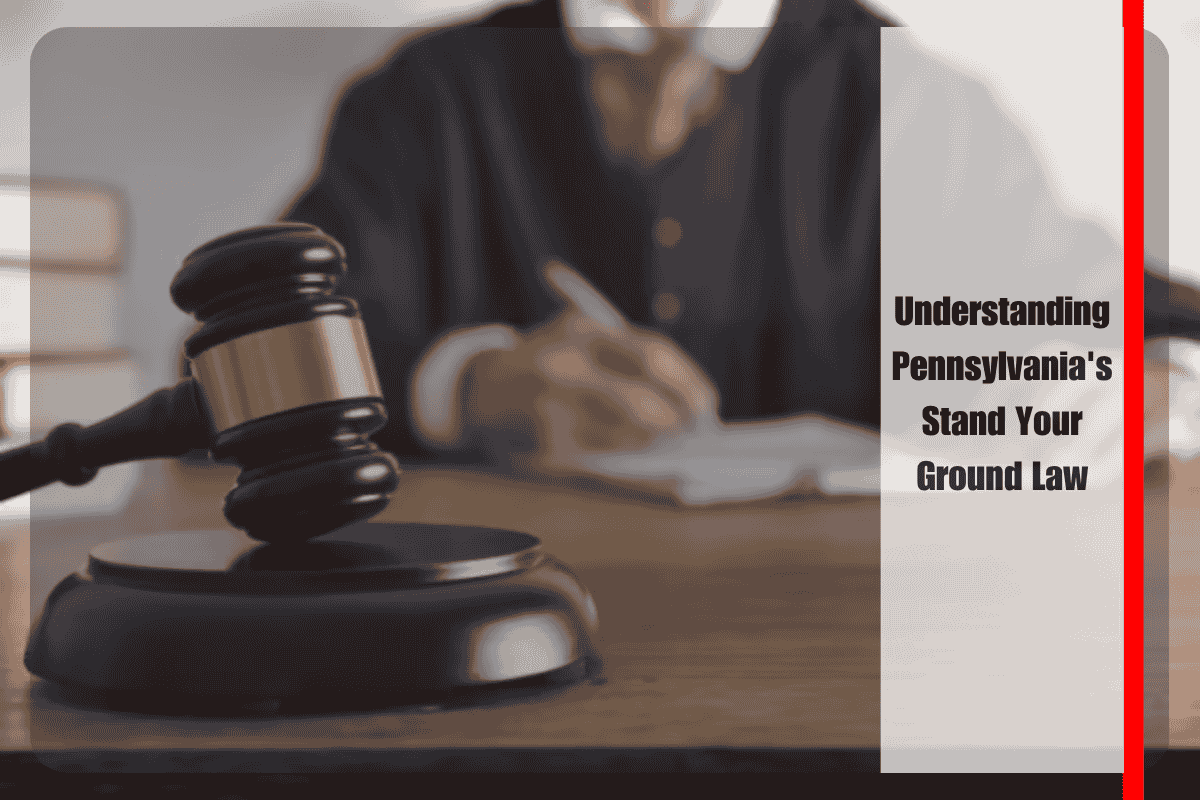Pennsylvania’s Stand Your Ground law is a self-defense statute that allows individuals to use force—including deadly force—to defend themselves without any legal obligation to retreat, as long as they are in a place where they have a legal right to be. This law, codified in 18 Pa.C.S.A. § 505(b)(2.3), represents a significant shift from earlier self-defense laws in the state, which typically required a person to attempt to escape or retreat before using deadly force, except within their own home or vehicle (the “Castle Doctrine”).
Under the current law, individuals can use force or deadly force in self-defense outside their home if they reasonably believe it is immediately necessary to protect themselves from death, serious bodily injury, sexual assault, or kidnapping. Importantly, the law specifies that the aggressor must be using or displaying a deadly weapon for the use of deadly force to be justified in public spaces. If these conditions are met, a person is not required to retreat and may legally “stand their ground.”
Within the home or an occupied vehicle, Pennsylvania’s Castle Doctrine applies, giving individuals the absolute right to use force, including deadly force, against unlawful intruders without any duty to retreat. This is a long-standing legal principle designed to protect individuals in their most private and secure spaces.
There are important limitations to Pennsylvania’s Stand Your Ground law. It does not apply if the person using force is engaged in criminal activity, is not legally present in the location, or if the person they are defending against has a legal right to be there (such as a roommate or family member). Additionally, the use of force is not justified if the threat has ended or the aggressor is fleeing; pursuit and retaliation are not protected under the law.
While the law provides a robust defense in many situations, it is not a “get out of jail free” card. If law enforcement or prosecutors believe that the use of force was not justified, individuals may still face criminal charges and must present evidence that their actions met the legal standard for self-defense. Civil lawsuits may also arise from self-defense incidents, regardless of criminal outcomes.
Pennsylvania’s Stand Your Ground law allows individuals to defend themselves with force, including deadly force, without retreating, provided they are legally present, not engaged in criminal activity, and reasonably believe they face an immediate threat of serious harm. The law is nuanced, and legal advice is strongly recommended in any self-defense scenario.
Sources
[1] https://attorneywenger.com/criminal/is-pennsylvanias-stand-your-ground-law-a-get-out-of-jail-free-card-not-always-heres-why/
[2] https://www.snyderlawyer.com/faqs/what-is-stand-your-ground-law-pennsylvania/
[3] https://www.philadelphiacriminallawyers.com/how-does-pennsylvanias-stand-your-ground-law-work/
[4] https://www.ceasefirepa.org/our-work/ending-stand-your-ground/
[5] https://www.philadelphiacriminalattorney.com/blog/can-you-be-charged-with-a-crime-after-a-self-defense-incident-in-pa/












